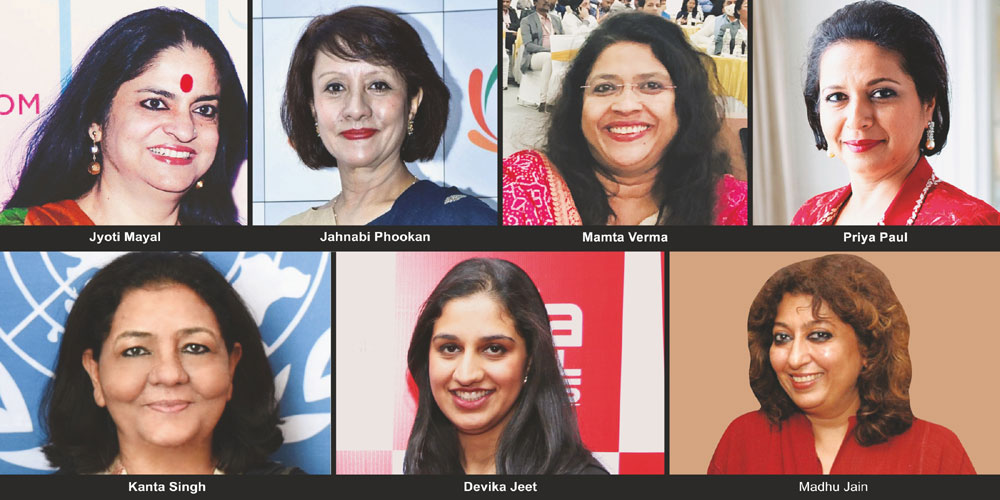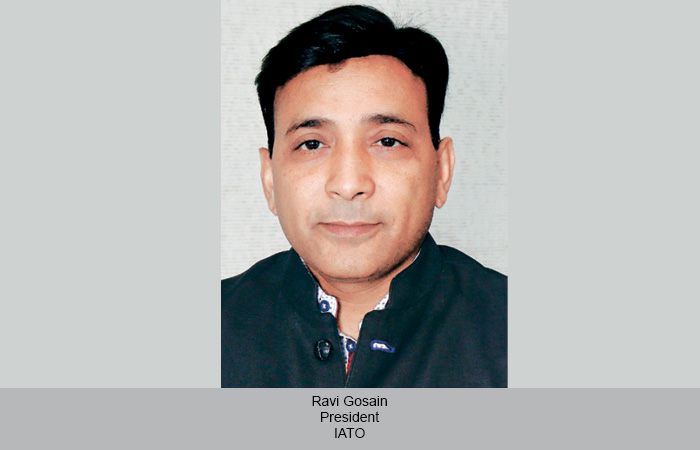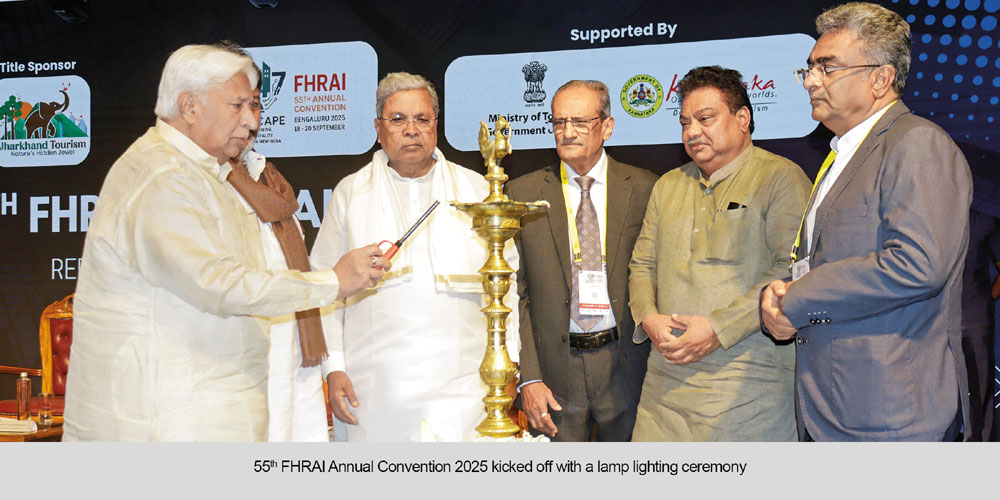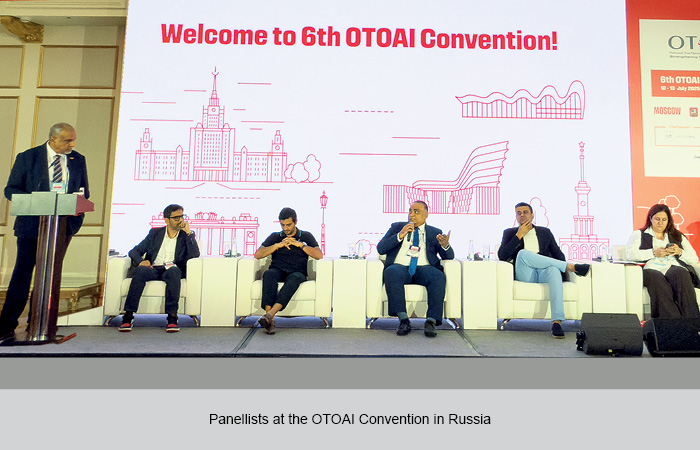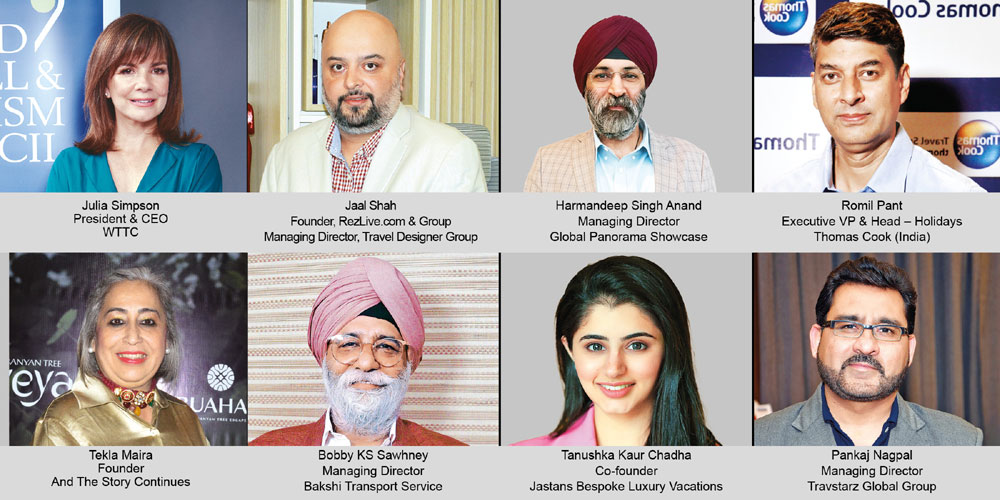Titled ‘Skill HER for Sustainable Tourism’, the TAAI-WITT and FICCI-FLO webinar, powered by TRAVTALK, advocates the belief that ‘Empowered women Empower women’.Women from various walks of life talk about being entrepreneurs and honing skills.
Jyoti Mayal, President, TAAI
Women have always held a very strong place in tourism and hospitality. Women make 70% of all travel-related decisions and are major buyers and sellers of travel. COVID has impacted women on a large scale in the tourism industry; the maximum jobs lost were among women. Hence, gender equality must be centre-stage as we work together to restart tourism and accelerate recovery. Since sustainable tourism will benefit the local economy as we go forward, we need to see how we embrace women in this pattern, more so in local areas, as this is vital to promote the economy. Also, there is a need to skill women collectively with help from the government.
Jahnabi Phookan, National President, FICCI-FLO
The 17 Chapters of FICCI-FLO have been working on village tourism. It is the informal sector where women are unrecognised. We have an MoU with MOT and we have been able to work with the communities, for which we have support from states. This section of women in tourism should get its place in the sun, where we work along with men on the journey. At FICCI-FLO, we have three Cs for skilling women: competency, capacity and confidence building. It’s not enough to skill, they need a sense of achievement to take this line forward and turn into job creators from job seekers.
Mamta Verma, Secretary, Gujarat Tourism
We need to think how to holistically increase the participation of women and make it more sustainable, while adhering to norms of equality. We need to have the right policies in place, ensure safety and provide better infrastructure for women. They are ready to come out and work. Many women have left metro cities and come to Kevadia, where they are doing phenomenal work. We need to further strengthen this. In the future, we can look at doing some programmes with FICCI-FLO and TAAI, especially in the eco-tourism, wellness, and village tourism sectors along with handicrafts and handlooms that have a lot of potential. It has to be done in a systematic manner and for a specific period.
Priya Paul, Chairperson, Apeejay Surrendra Park Hotels
The most important issue for me is violence against women and harassment of women in general. UN Women data shows that one in three women globally face some form of violence, whether it’s harassment at work, in a bus or in the field, not being letting out of the house and so on. Unless we address that, we are not going to get more participation of women in tourism or generally in business. To take skilling and entrepreneurship to every village and town, we need to tell the Kevadia story through small videos and tell them how to go about it using digital media and self-help groups. Entrepreneurship should be taken to every district, which will be transformative for everyone.
Kanta Singh, Country Programme Manager UN Women
There is safety in numbers, which is visible in a sector like aviation where there are many women and they feel secure because they are more in number. Hence, we need to bring in more women in the tourism sector. We need to give them skills that make them employable. We need to think of ways and means to hire, train and deploy rather than leaving training to someone else and hiring someone else. Also invest in safe transport. We need to close all the loops. We can’t do one thing and leave the second unattended. Skilling has to be a blended model. Investment and quality management in skilling should also be done by the private sector.
Devika Jeet, Director, DDP Group
In the new normal, the right leadership will matter in bringing women forward and leading the way to recovery for them. Tourism provides women with more opportunities for workforce participation, leadership, entrepreneurship and empowerment than many other sectors in the country. We aim to lay emphasis on skill development, more flexible-work balance and greater options for entrepreneurship. With MOT, this initiative will seek to engage with women at the grassroots level besides the semi-urban and urban sectors. Community-based tourism activities, promotion of domestic tourism and awareness of sustainable tourism will be at the heart of this initiative.
Madhu Jain, Fashion Designer
People have realised the importance of sustainability owing to the havoc created by climate change. Today, Gujarat is a huge tourism attraction because of textiles, and we can do something to revive fashion tourism in a sustainable way. In Bangladesh, an NGO named Aarong has a unique way of skilling people. They have women come in at dawn, where they are taught all the East Bengal kantha stitches, etc., that were lost to us after partition. They get food and all facilities there, and would go back at sunset. Their products are marketed via Aarong to stores like Macy’s and Harrods. This is an example of how skilling can be sustainable while saving a way of life from dying out.
Inputs by Nisha Verma
 TravTalk India Online Magazine
TravTalk India Online Magazine

